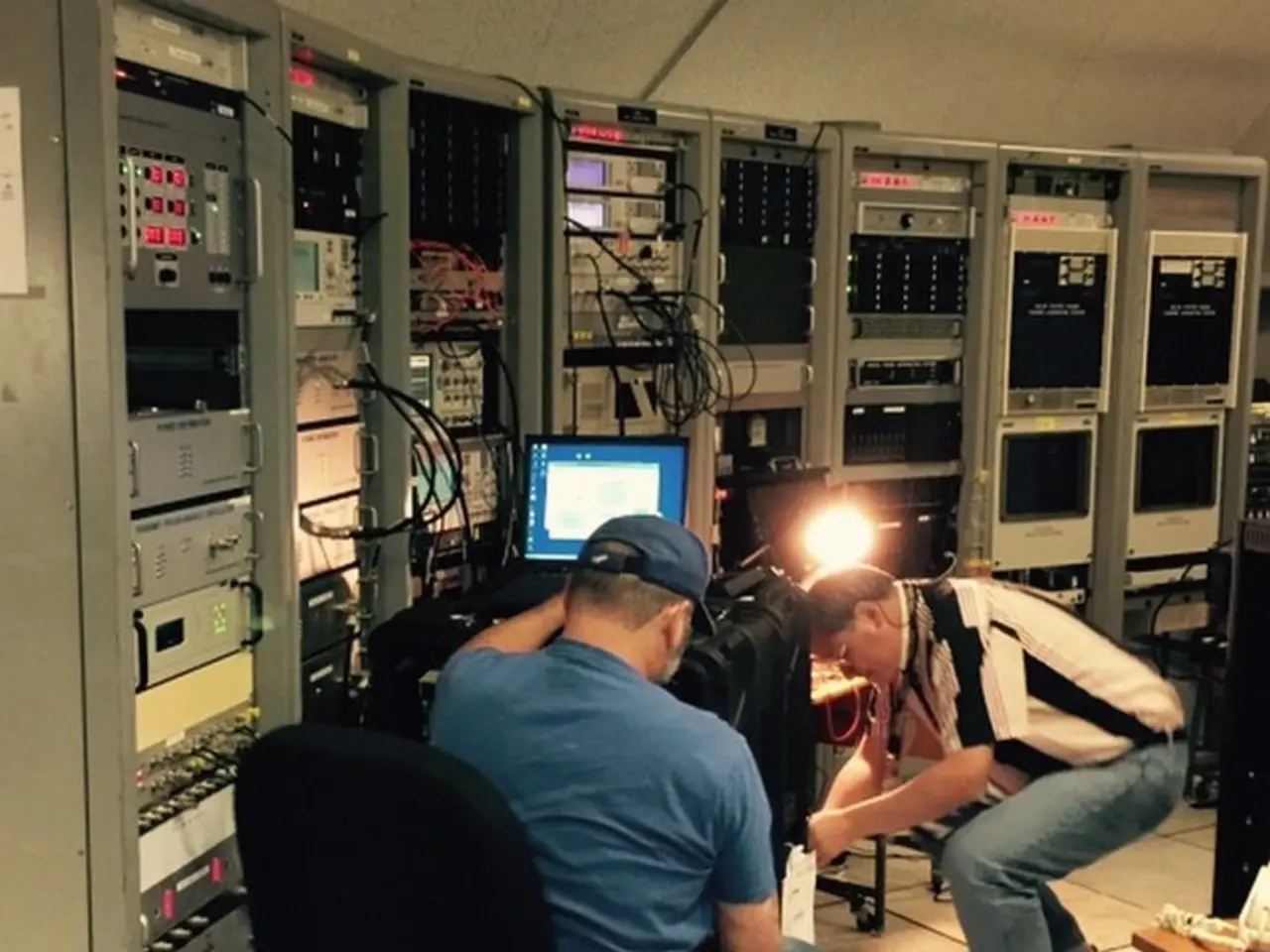Top Tech Hubs in Africa for Startup Launch in 2025: Identifying Ideal Locations for Business Growth
Africa's tech landscape is flourishing, with significant investments and innovative startups emerging across the continent. Here's a rundown of the top tech hubs for startups in 2025, each with its unique strengths and opportunities:
Lagos, Nigeria
Known as the leading fintech hub in Africa, Lagos boasts an impressive ecosystem of 503 active fintech startups valued at $9.8 billion. With abundant funding opportunities and a large market, it's an ideal location for fintech innovation.
Nairobi, Kenya
East Africa’s chief tech hub, Nairobi excels in agritech and healthtech, having raised $638 million in funding in 2024. Its strong agritech innovation is driven by the country’s agricultural base, while rising healthtech ventures offer exciting opportunities.
Cape Town & Johannesburg, South Africa
These cities are notable for their skilled talent pools and robust infrastructure. They lead in clean energy and AI sectors, supported by advanced research centers, smart city projects, and sustainable urban development.
Cairo, Egypt
A rising ecosystem, Cairo focuses on fintech and property technology (proptech). Its growing fintech ecosystem is driven by government support and increasing digital adoption in financial services.
Accra, Ghana
Emerging as a startup-friendly city, Accra is particularly strong in artificial intelligence (AI), agtech, and medical technology (medtech). The city's tech campus Hope City supports green tech and remote work, offering 5G and blockchain-based infrastructure.
Kigali, Rwanda
Kigali presents a dynamic environment for startups, marked by both hurdles and exciting possibilities. It's known for streamlined startup processes and a strategic focus on renewable energy. Its emphasis on clean and renewable technology innovation and government efficiency in tech ecosystem support make it an attractive choice.
These hubs benefit from increasing startup funding, expanding innovation networks, and the rise of smart cities implementing AI, blockchain, and clean tech infrastructure.
When selecting a tech hub for a startup, it's crucial to align the industry focus with each location's strengths. For instance, Kenya's renewable energy sector, which powers over 90% of the country's electricity, is an excellent fit for climate tech and clean energy ventures.
Africa's economic outlook is promising, with GDP growth forecasted at 4.1% by 2025 and digital penetration expected to reach 67% by 2026. However, U.S. entrepreneurs should be aware of the financial risks associated with currency volatility and the legal, financial, and cultural complexities of doing business in Africa.
Resources like [platform name] can provide valuable updates on funding, policy changes, and emerging opportunities in Africa's rapidly evolving tech landscape. By understanding each hub's unique strengths and challenges, U.S. entrepreneurs can seize the exciting opportunities Africa's tech boom offers.
- Venture capital and investing in fintech startups thrive in Lagos, Nigeria, a leading hub with an impressive ecosystem of 503 active fintech startups valued at $9.8 billion.
- Nairobi, Kenya stands out for its strengths in agritech and healthtech, having raised $638 million in funding in 2024, making it East Africa’s chief tech hub.
- Cape Town and Johannesburg, South Africa, are notable for their talent pools and robust infrastructure in clean energy and AI sectors, supported by advanced research centers and sustainable urban development.
- Cairo, Egypt focuses on fintech and property technology (proptech), and its growing fintech ecosystem is aided by government support and increasing digital adoption in financial services.
- Accra, Ghana is particularly strong in artificial intelligence (AI), agtech, and medical technology (medtech), with a tech campus that supports green tech and remote work, offering 5G and blockchain-based infrastructure.
- Kigali, Rwanda is an attractive choice due to its dynamic startup environment, strategic focus on renewable energy, streamlined startup processes, and emphasis on clean and renewable technology innovation. Investors should note the financial risks associated with currency volatility and the legal, financial, and cultural complexities of doing business in Africa. Resources like [platform name] can help entrepreneurs navigate Africa's rapidly evolving tech landscape and seize the opportunities it offers.




